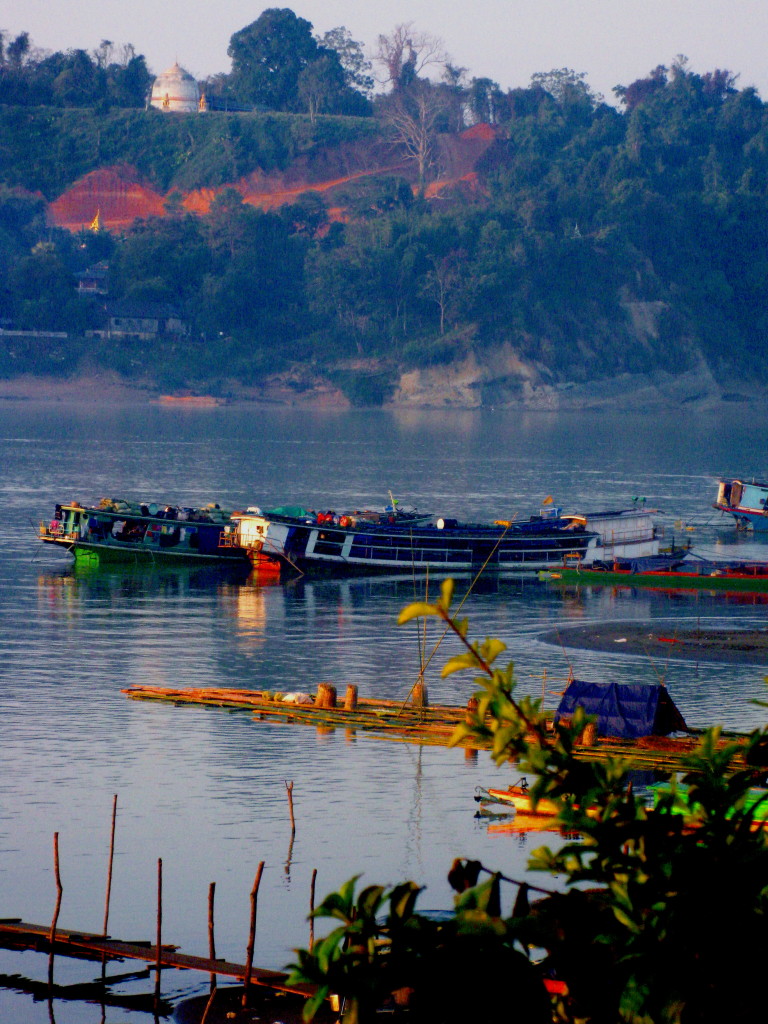
On May 12, 1942, General Joseph Stilwell led 114 Americans, British, Chinese, and Burmese into Homalin. The next day they crossed the Chindwin River. They started in Maymyo on May 1 and arrived in Imphal, India, on May 20. Stilwell knew the Japanese were on their heels so he set a tough pace: fourteen miles per day at 105 steps per minute. Fifty minutes of marching per hour with a ten-minute break. The Japanese arrived in Homalin only a day after Stilwell’s group crossed the Chindwin. In those three weeks, they marched through jungles and up mountains, losing an average of 25 lbs per person.
Later, on May 24, 1942, Stilwell gave an interview to a New Delhi reporter, “I claim we got a hell of a beating. We got run out of Burma and it is humiliating as hell. I think we ought to find out what caused it, go back and retake it.”
We always hear about the Allies’ journeys through exotic lands. But who did they pass along the way? Below is a day-by-day summary of Stilwell’s retreat and the problems they encountered with photos from Homalin of the type of people they may have seen on their journey.
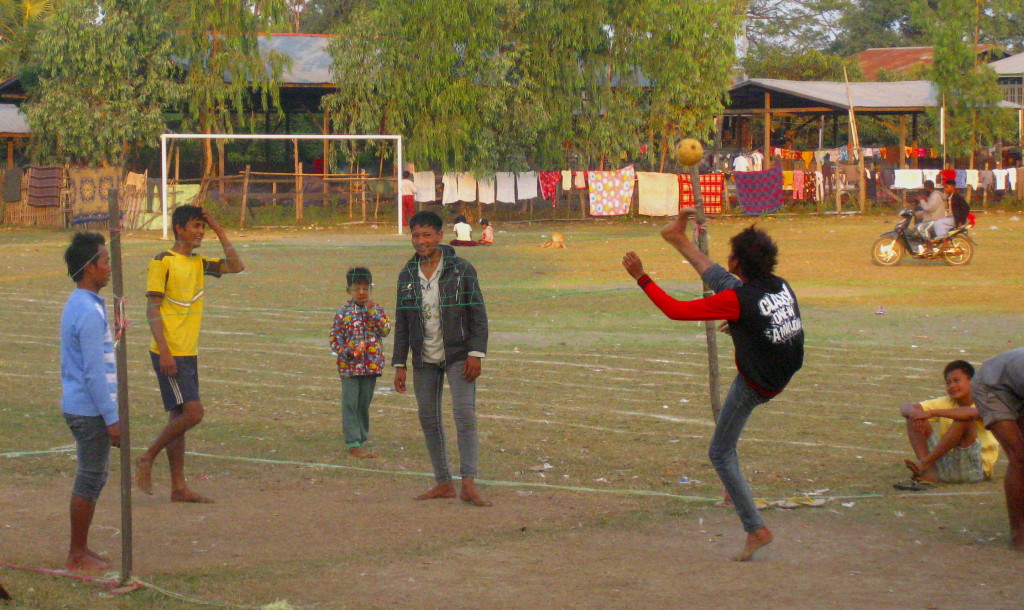
April 27, 1942, Heard an ugly rumor from a Limie: the Chinese are leaving Lashio (about 100 miles east). Chiang Kai-shek (CKS) said to stay in Burma. But sixty boats have already been sunk by the Japanese on the Irrawaddy River. So we flew all the British women out of and most of the Head Quarters crowd.
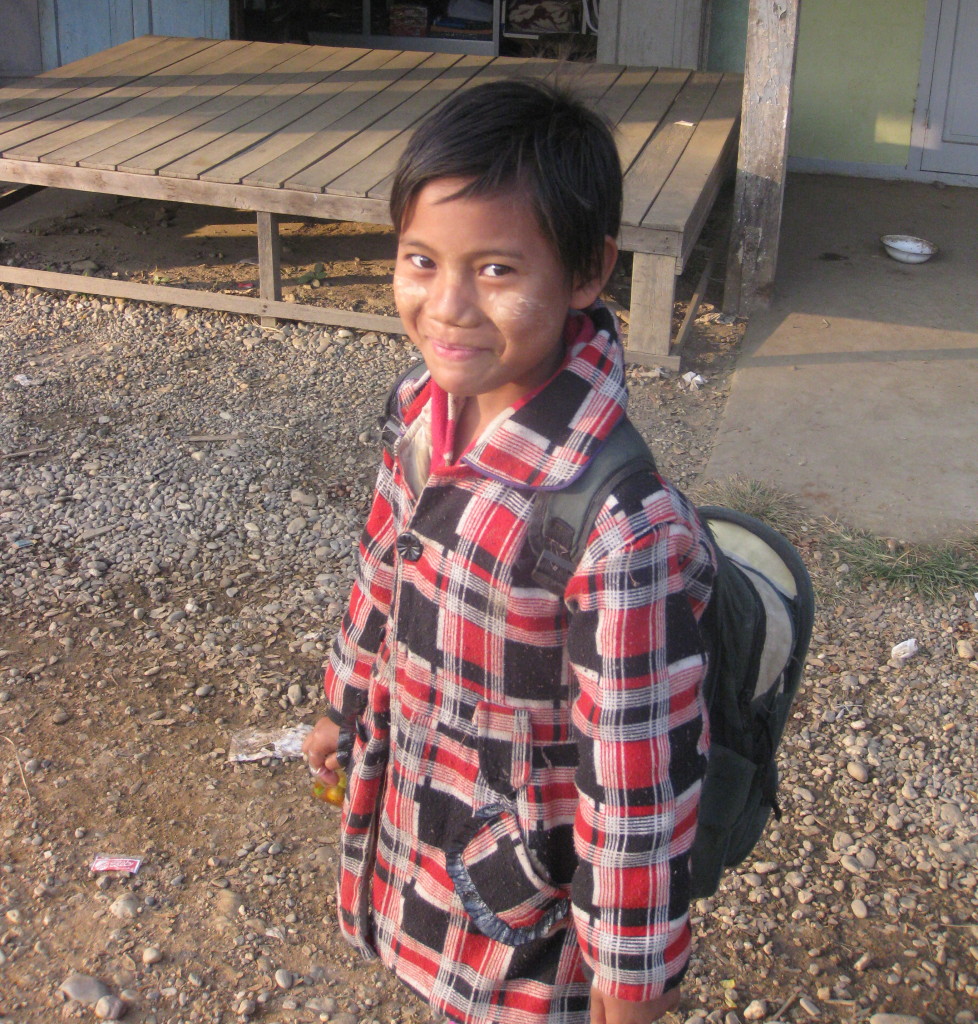
April 29, 1942, Swebo was hit by 27 Japanese bombers.
April 30, 1942, Officers are beginning to lose their grip, squabbling over rice and trucks. Lashio was taken. Ava Bridge over the Irrawaddy was blown up by the Chinese to stop the Japanese. There’s imminent danger of disintegration and collapse.
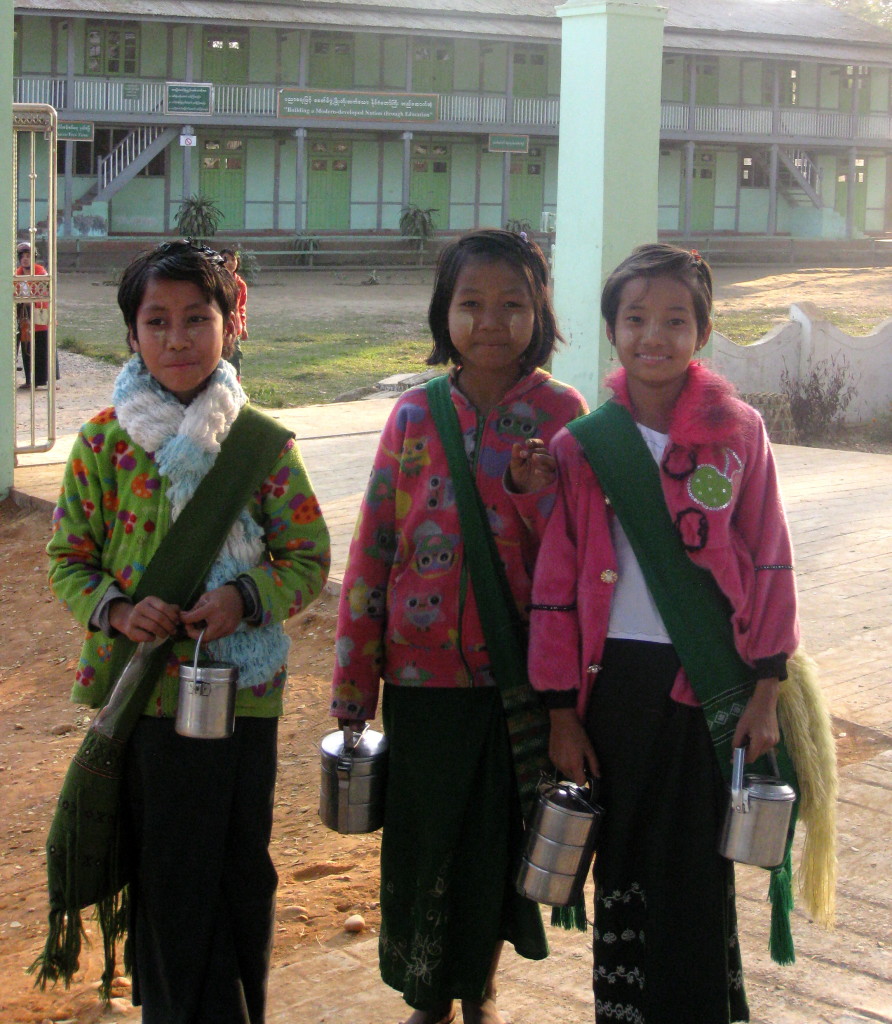
May 1, 1942, The Japanese are on Maymyo Road. We started evacuation from Maymyo at 6 am. Arrived in Zigon at 10 pm. The car stalled. We had a three-hour delay.
May 2, 1942, We left Zigon at 6 am and arrived in Pintha at 11 PM. Battled ruts along the oxen trails. Dr. Seagrave got some medical equipment off a bull cart. Had a bath using a farm well.
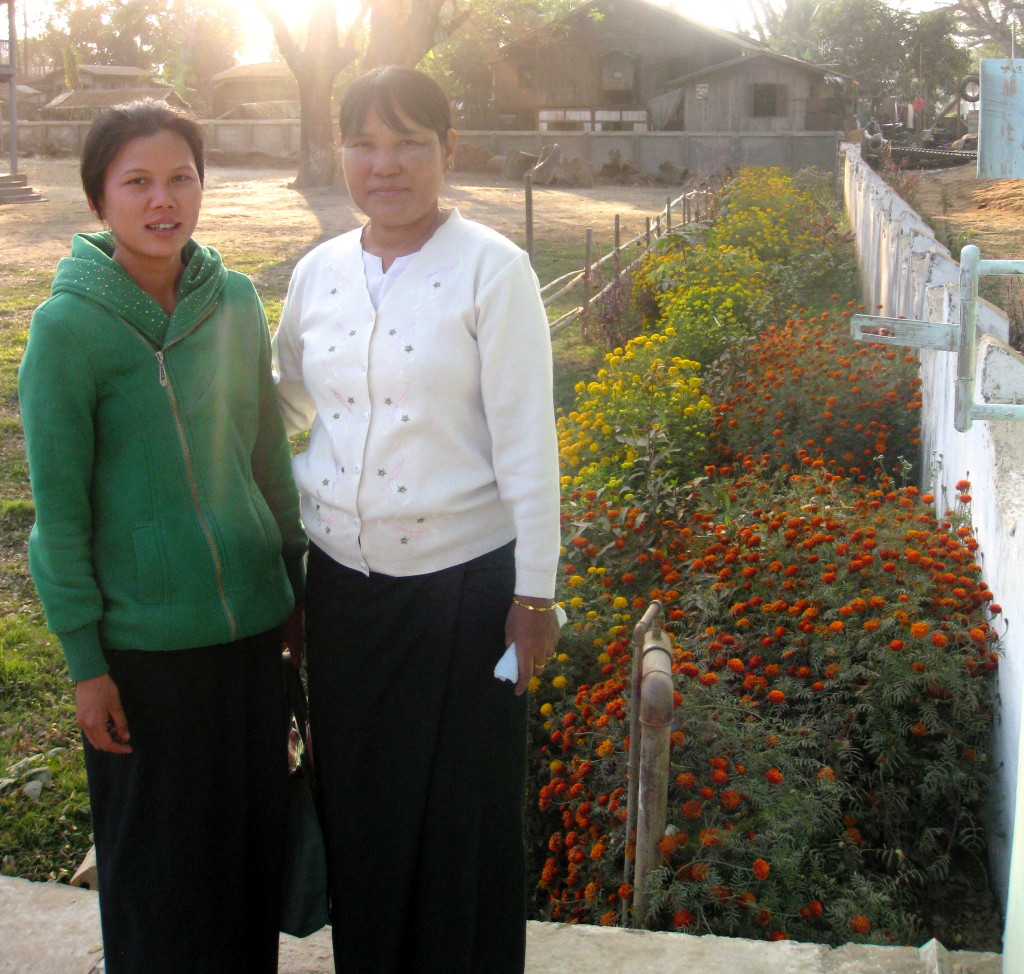
May 3, 1942, Left Pintha at 6:30 am and arrived in Wuntho at 9:30 pm. CKS says to go to Myitkyina. Tomorrow we’ll head towards Mogaung. Need to decide whether to wait three days for elephants to carry food or forage later. The bridges needed repair before the trucks could cross. Sent mules ahead to cross Chindwin at Kalewa to see if we could then travel through Kalemyo to Tedim.
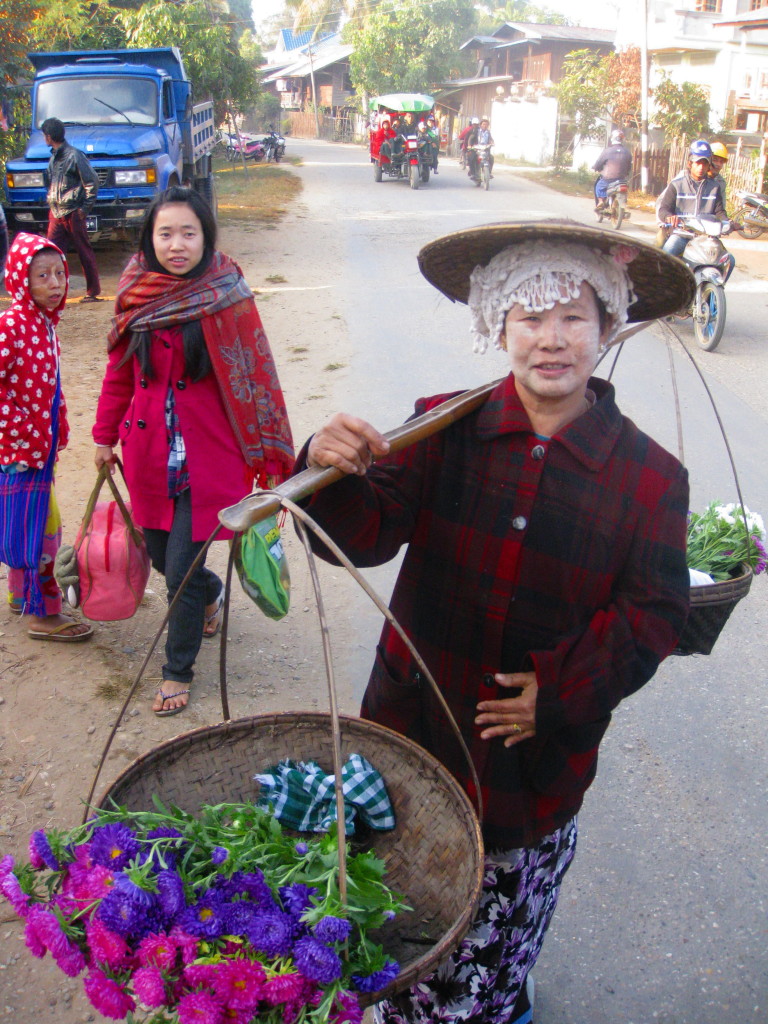
May 5, 1942, Myitkyina’s out. We had to make a decision whether to take the route to Tamu, due west of Mawlaik on Chindwin, or head towards Kawlum and cross the Chindwin from Homalin. Chose Homalin. Heard elephants trumpeting in the woods. Broken gas line in the car. Another car got stuck in the sand. A Limie’s truck blocked the ford in the river: he didn’t want to get his feet wet. Then we had to abandon all vehicles and find another crossing. Serious fords to cross with the monsoon. Saw the head man of the village. Told us all coolies went south. Now it will take 10 days to get rafts or go to next village, which has 60 porters and mules. Good eggs (people) here.
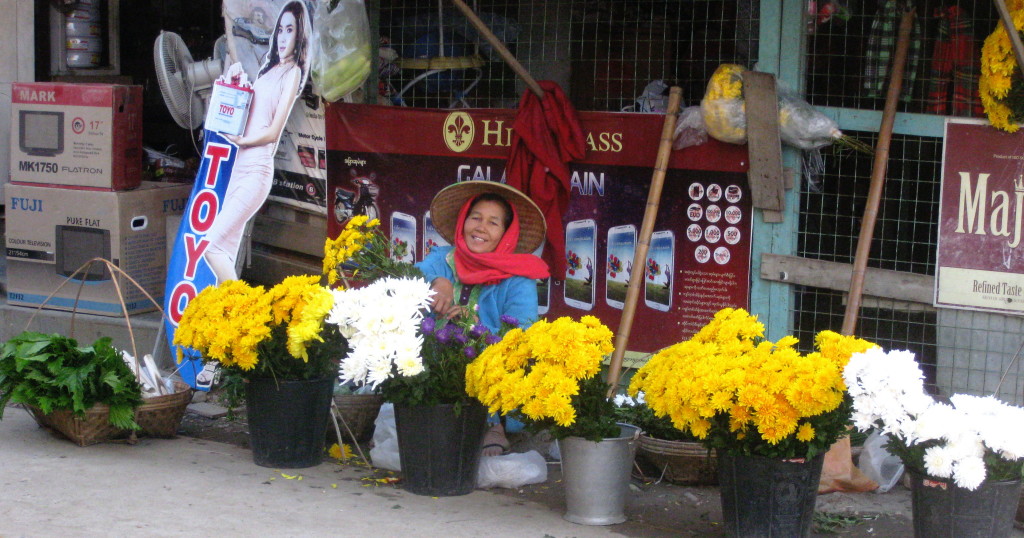
May 6, 1942, Late start at 3:30 am. Last radio message – then we destroyed the radio
May 7, 1942, Arrived in Magyigan. Hard going across the river. Some carried mattresses and bedding. Stripped everyone down to only 10 lbs per person. Of the 12 officers, 4 are seriously ill. Merrill fell face first. Christ, but we are a poor lot. Marched down the middle of Chaungyyi River rather than fight the vegetation along the shore.
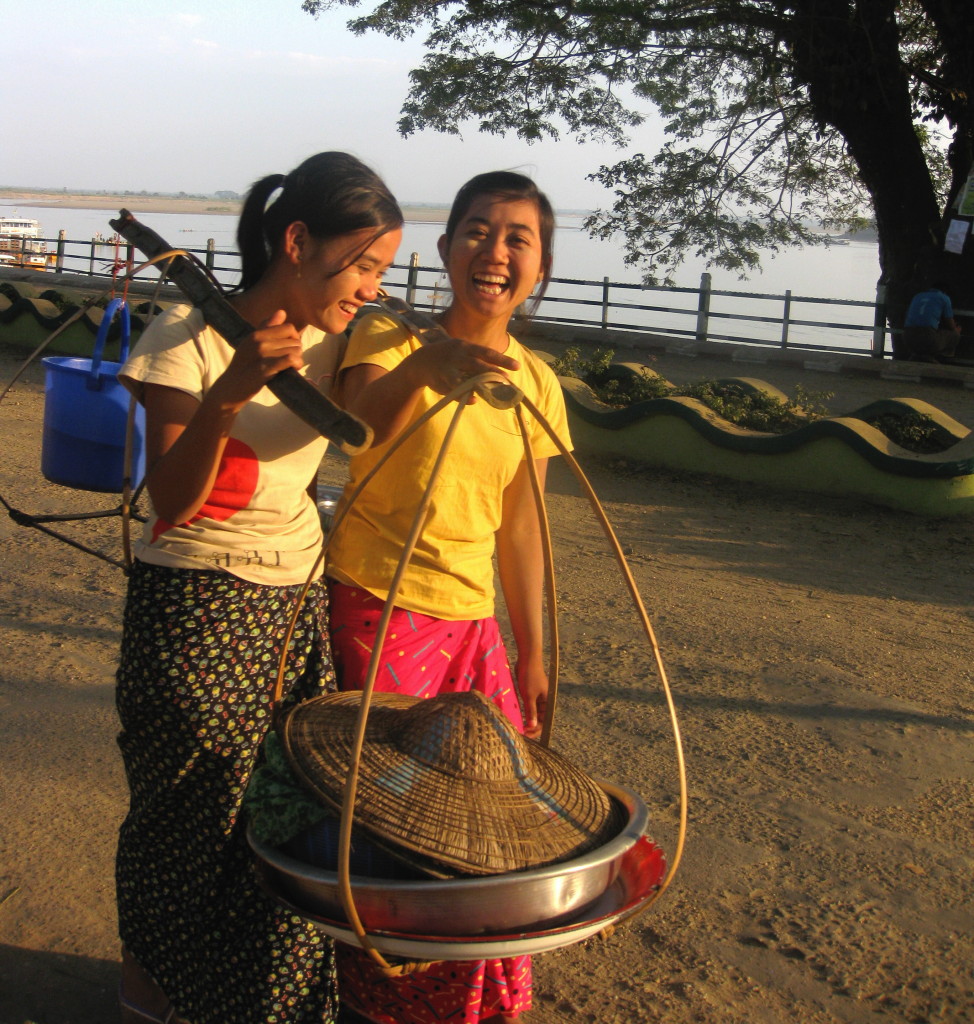
May 8, 1942, Arrived in Saingkyu. Chattering monkeys in the jungle. Japanese bombers were overhead. We’re not out yet. Had tea and a good sleep.
May 9, 1942, Arrived in Maingkaing – Charged by a rogue elephant. Began traveling on a flatbed raft with bamboo hand poles on the Uyu River.
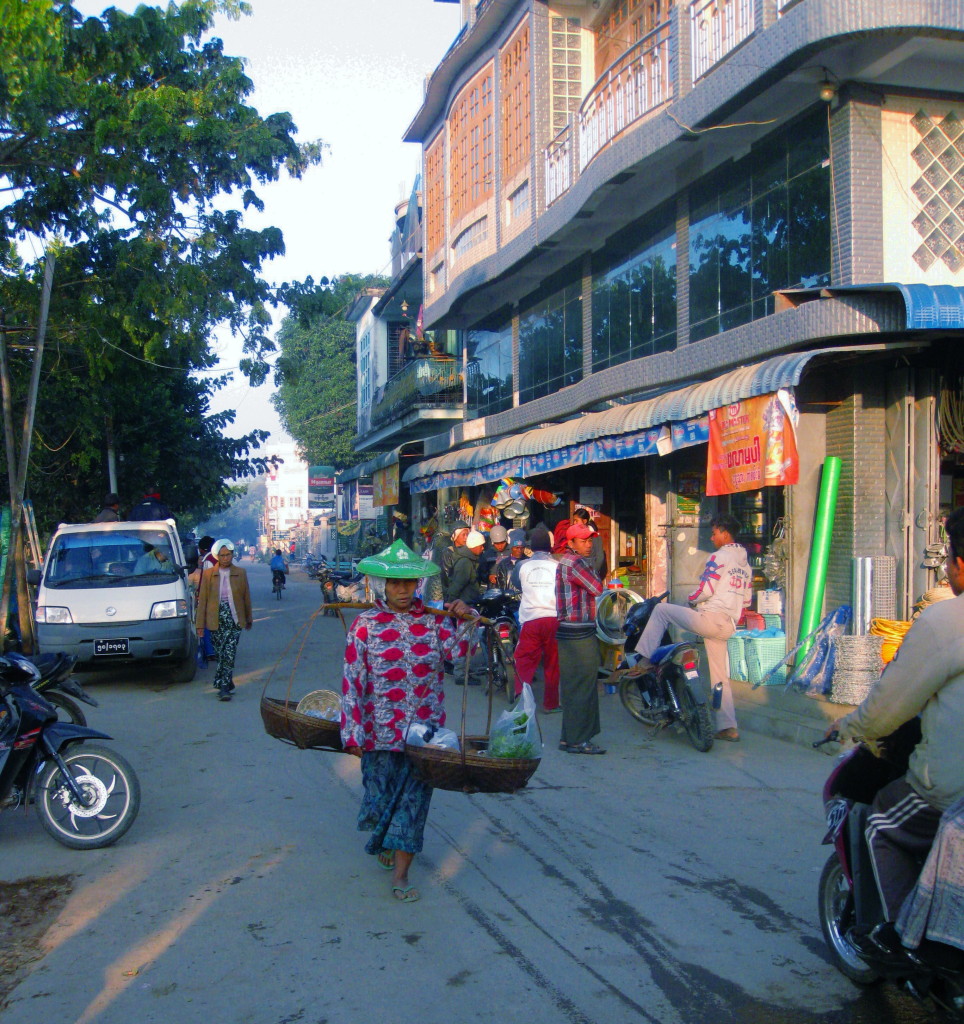
May 10, 1942, Put Seagraves Burmese nurses on the roof of rafts. Nice ride but too damn slow. Took a break at 22:00, then poled all night on the river.
May 11, 1942, Rain. That’s ominous. Had a hell of a time getting everyone going. Big chicken dinner. Off again at 22:00. Many snags and rafts breaking up. Rumor preparations were made for us in Homalin.
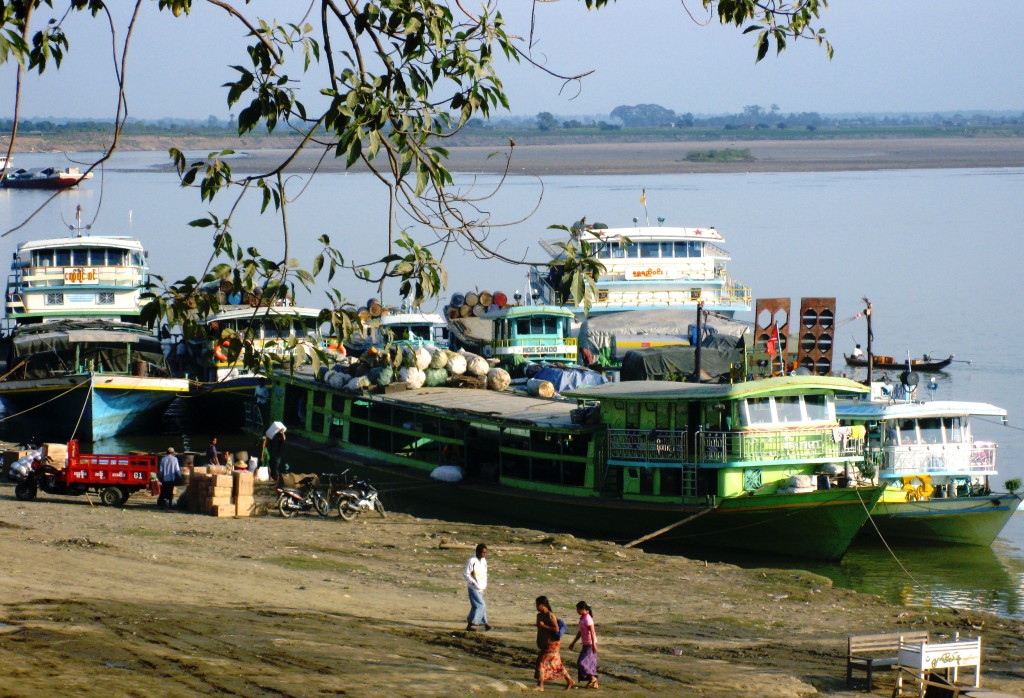
May 12, 1942, Arrived in Homalin. It’s Mother’s Day. No one’s here. Commissioner up river. Camped in a temple.
May 13, 1942, Left at 6 am and traveled 3 miles north of Homalin to cross Chindwin by dugouts. After we crossed, one of the guerilla leaders took his horse through the chowline. “What will I do with him?” Thunderstorm ahead.
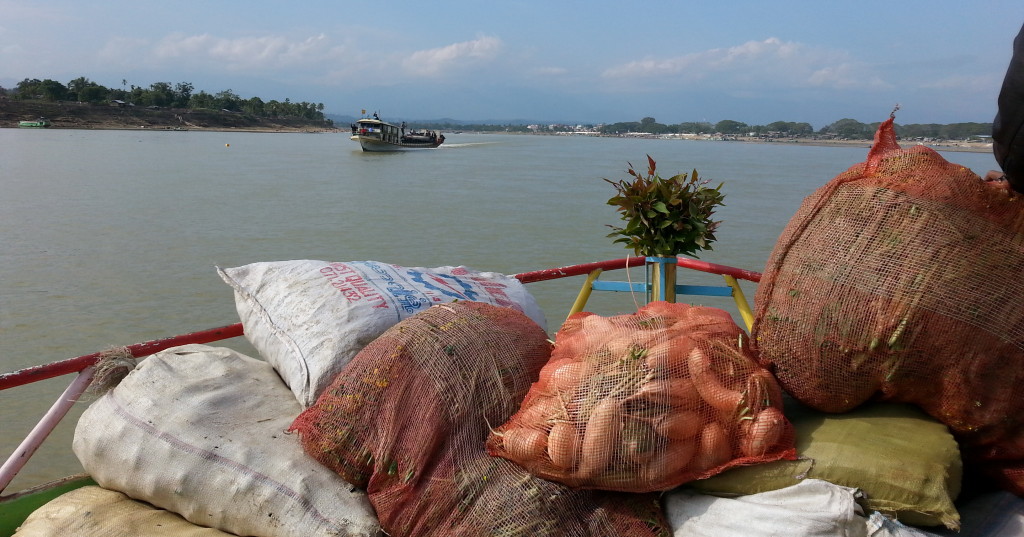
May 14, 1942, Passed by a bright green snake. Sissy Brig complaining. Climbed in heavy rains to Kawlum. Met British relief expedition with ponies, medical supplies, and food.
May 15, 1942, Time change. Beautiful view of Mainpur Hills.
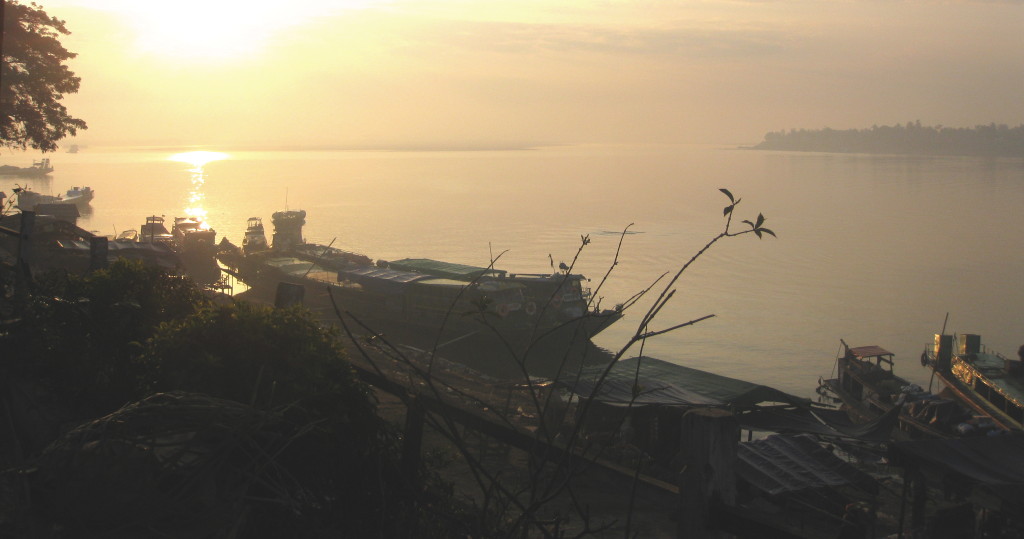
May 16, 1942, Met Tangkhul bearers. Fine people. Haircut like Iroquois. Men wore g-string sashes. Arrived in Chamu – beautiful view. Thatched covered bridge. Coolies built me a house in an hour.
May 17. 1942, Seventeen miles to Pushing. Naga came out with rice wine to welcome the “great man.” Pushing like Alaska with totem pole boards. I Saw Tangkhul with safety pin earrings.
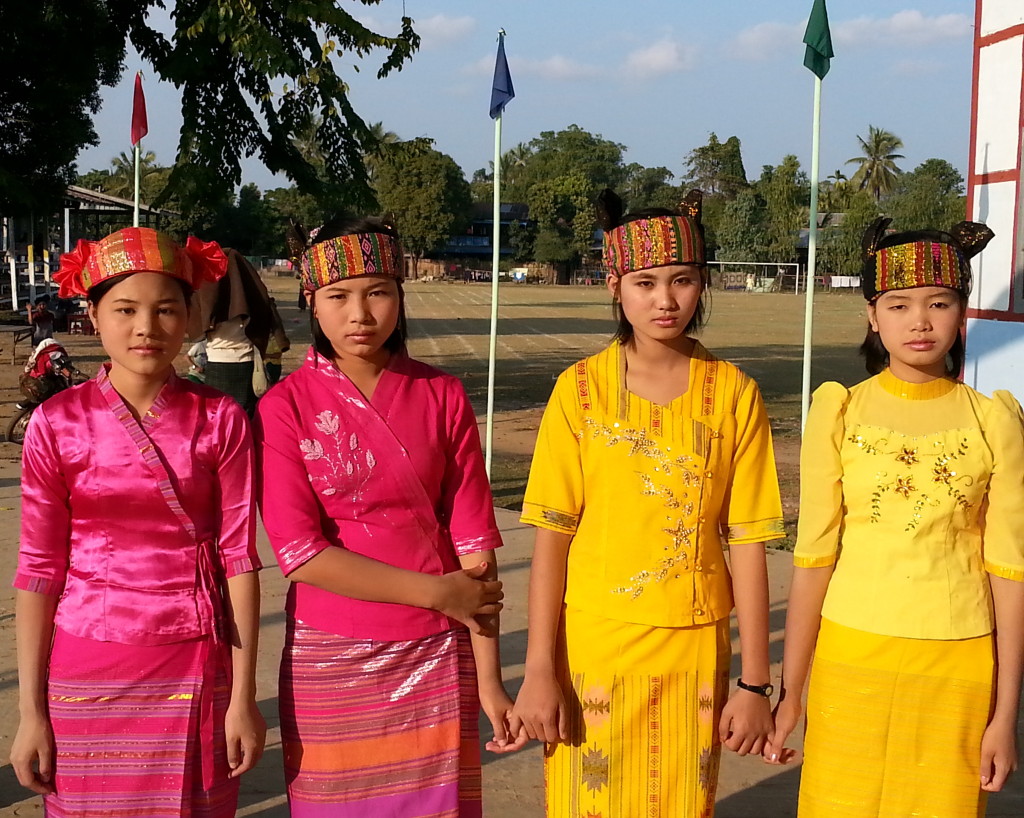
May 18, 1942, Six miles to Ukhrul. A noisy night with bugs. Tangkhuls wear a ring on their dink while working in the fields with the women. Women strip down to nothing with the heat. Imphal bombed again.
May 19, 1942, Rained. Passed through Limpo. Made 21 miles. Got cigarettes and chocolate.
May 20, 1942, Rained all night. Cordial reception by Limies. The PA, an old fart, didn’t know I wanted him to forward the radio message from May 6. Colossal Jackass.
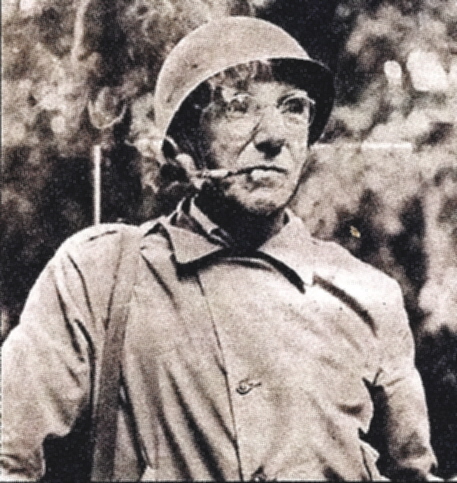
I really appreciate you visiting my web page. It means a lot to me. In the comments box, I’d like to hear what you think about my posts – tell similar stories – share other blog forums.
Error: Contact form not found.